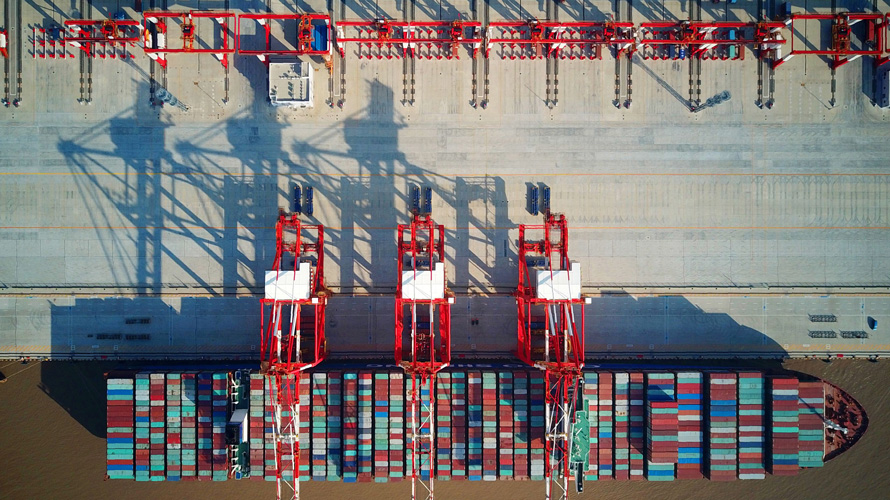
US buyers are waiting on their second hot-rolled coil cargo from Turkey after booking the first cargo in two years last November, market sources confirmed on Jan. 28. Record-high domestic HRC prices and a shift in Turkish input costs is leaving the window open for a potential third cargo in the short-term.
The cargoes, both of approximately 15,000 st, are set to arrive in early February and April into Houston, according to a trader. The country had remained active for value-added sheet products since the 2018 tariffs but was almost dormant on HRC sales to the US given prohibitive tariffs and limited price spreads.
After the 25% tariffs were put in place, US imports of Turkish HRC plummeted to just 10,477 st total in the two-year period of October 2018 to November 2020, according to US Department of Commerce data. US HRC imports from Turkey totaled 27,805 st in September 2018, the last month there was a large cargo.
The recent booking of HRC from Turkey left US buyers eyeing the possibility of another cargo, given the record-high domestic prices and lack of availability until late-March or April production. Buyers were showing more interest in a potential arrival before summer as anything later could be past the tipping point of domestic prices.
US HRC prices have surged more than 157% since hitting a multi-year low in August 2020 and are now at $1,134.75/st on an EXW Indiana basis as of Jan. 28. Turkish HRC export prices have also surged higher over the same period but have started to crest since the beginning of the new year at approximately $707/st FOB Turkey.
The more than $430/st spread left room for Turkish steelmakers to sell into the US market after factoring in the tariffs and freight, according to market sources.
A buy-side source who is familiar with the Turkish market saw weakening rebar sales in the area as another incentive for steelmakers with optionality to raise their HRC output. Multiple Turkish steelmakers have the ability to produce rebar and HRC at the same location. Falling rebar prices and lower input costs are likely to lead Turkish mills to utilize more HRC production. Domestic demand and export activity for Turkish rebar has recently faded, according to the source.
— Ali Oktay





